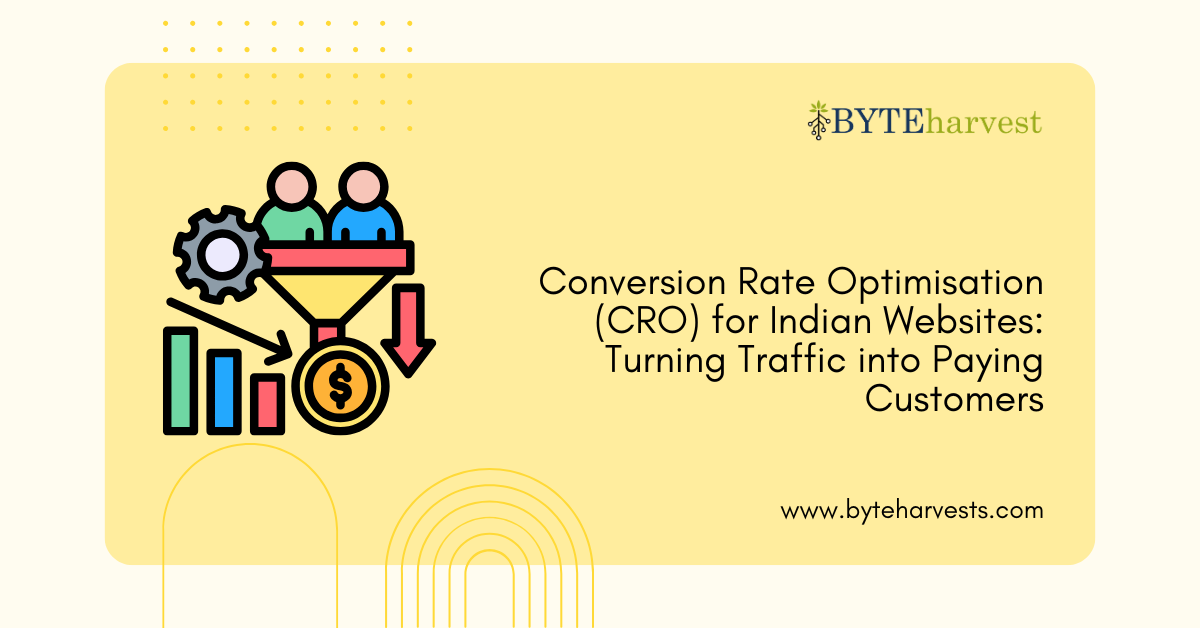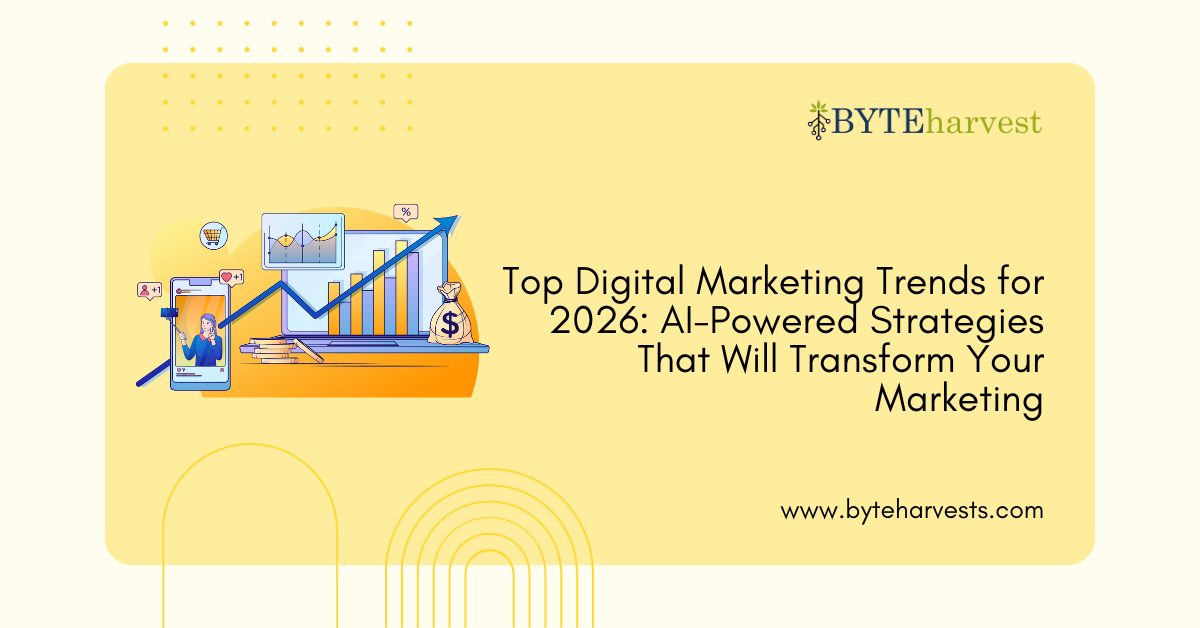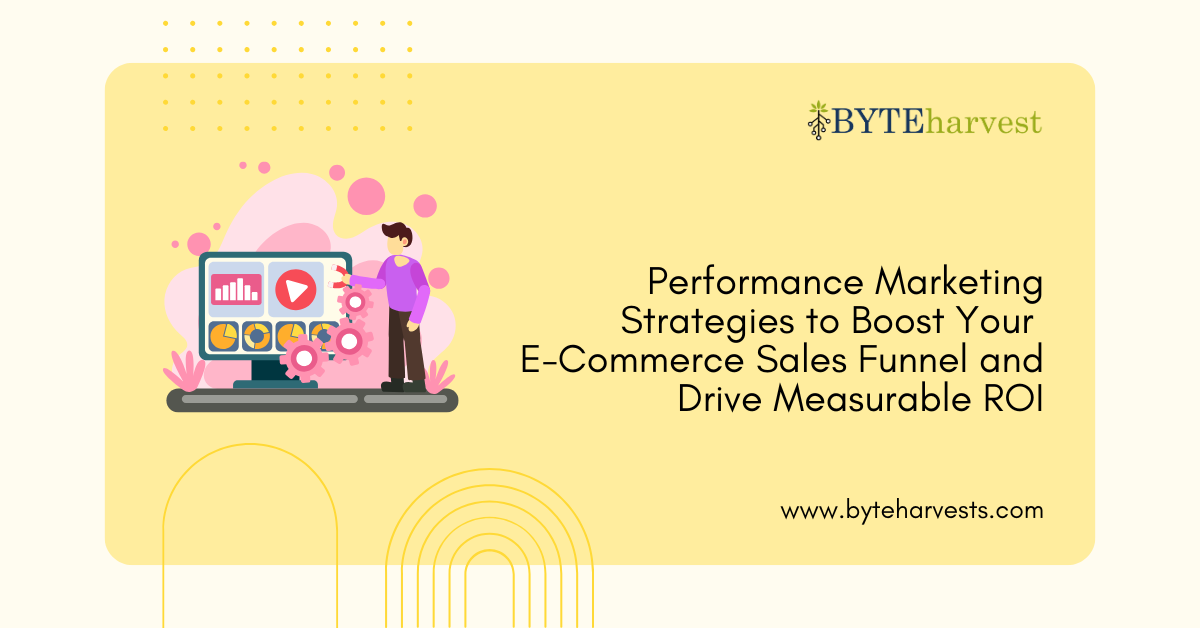How to Grow Your Business Using Social Media?
In today’s digital age, social media marketing is one of the most effective ways to grow your business. Whether you’re a small business owner looking to expand your reach or just starting, leveraging social media for business can significantly boost your brand visibility and customer engagement. This article is worth reading because it offers practical tips and strategies to help you navigate the dynamic world of social media marketing, ensuring you can effectively use social media to grow your business.

Some Essential Tips for Small Business Owners:
- Introduction to Social Media Marketing for Small Businesses
- Choosing the Right Social Media Platforms
- Developing a Social Media Marketing Strategy
- Creating Engaging Content for Your Audience
- Utilizing Social Media Marketing Tools
- Implementing a Social Media Calendar
- Social Media Advertising for Business Growth
- Tracking and Analyzing Social Media Performance
- Leveraging Influencer Marketing
- Tips for Staying Ahead of Social Media Trends
Introduction to Social Media Marketing for Small Businesses
Social media marketing is a crucial aspect of digital marketing that involves using social media platforms to promote products or services, engage with customers, and build brand awareness. For small businesses, social media marketing is not just about posting updates; it’s about creating a comprehensive social media strategy that aligns with your business goals.
Small business owners often face the challenge of limited resources, but social media can help level the playing field by providing an affordable and efficient way to reach new customers and grow your business. By effectively using social media, you can establish a strong online presence, foster customer relationships, and drive sales.
Choosing the Right Social Media Platforms
Selecting the right social media platforms for your business is crucial. Not all platforms are created equal, and each caters to different demographics and business needs. Here are some key considerations:
- Facebook: Ideal for businesses looking to reach a broad audience. It’s versatile and offers robust advertising options.
- Instagram, a vital social media channel: Best for visually-driven businesses such as fashion, food, and lifestyle brands. It’s perfect for showcasing products and building a strong visual identity.
- LinkedIn: Essential for B2B companies and professional services. It’s a great platform for networking and sharing industry insights.
- Twitter: Good for real-time updates and engaging in conversations with customers and industry influencers.
- Pinterest: Useful for businesses in the creative industry, such as interior design, crafts, and DIY projects.
When deciding on the right social media platforms, consider your target audience’s preferences and where they are most active. This will ensure you are reaching the right people and getting the most out of your social media efforts.
Developing a Social Media Marketing Strategy
A well-defined social media marketing strategy is essential for achieving your business goals. Here’s how to create a successful social media strategy:
- Set Clear Objectives: Define what you want to achieve with your social media marketing efforts. Objectives can include increasing brand awareness, driving website traffic, generating leads, or boosting sales.
- Identify Your Target Audience: Understand who your ideal customers are. Research their demographics, interests, and online behavior to tailor your content and engagement strategies effectively.
- Content Planning: Develop a content plan that outlines the types of content you will share, the themes you will focus on, and the frequency of your posts. Ensure your content is varied and engaging, including blog posts, videos, infographics, and user-generated content.
- Engagement Strategy: Plan how you will interact with your audience. This includes responding to comments and messages, participating in relevant conversations, and using social listening tools to monitor mentions of your brand.
A strong social media marketing strategy doesn’t just help you stay organized; it also provides a roadmap for achieving your business goals through effective use of social media.
Creating Engaging Content for Your Audience
Content is king in social media marketing. To capture and retain your audience’s attention, you need to create engaging and relevant content. Here are some tips:
- Know Your Audience: Tailor your content to meet the needs and interests of your target social media users. Use insights from social media analytics tools to understand what type of content resonates most with your followers.
- Visual Appeal: High-quality visuals are crucial. Invest in good photography and graphic design to make your posts stand out. Platforms like Instagram and Pinterest are particularly visual-centric social media channels, so compelling images are essential.
- Consistency: Maintain a consistent posting schedule. This helps build anticipation and keeps your audience engaged. Use a social media calendar to plan and schedule your posts in advance.
- Storytelling: Use storytelling techniques to make your content more relatable and memorable. Share behind-the-scenes glimpses of your business on social media, customer testimonials, and success stories.
By focusing on creating high-quality, engaging content, you can build a loyal following and encourage more interactions on your social media platforms.
Utilizing Social Media Marketing Tools
Social media marketing tools can streamline your efforts and improve your efficiency. Here are some essential tools for small businesses:
- Scheduling Tools: Tools like Hootsuite, Buffer, and Sprout Social allow you to schedule posts in advance, ensuring a consistent presence on social media.
- Analytics Tools: Platforms such as Google Analytics, Facebook Insights, and Twitter Analytics provide valuable data on your social media performance. This information can help you refine your strategy and make informed decisions.
- Design Tools: Canva and Adobe Spark are excellent for creating eye-catching graphics and visuals without needing extensive design skills.
Using the right social media marketing tools can help you save time, track your progress, and enhance the quality of your social media campaigns.
Implementing a Social Media Calendar
A social media calendar is a planning tool that outlines what and when you will post on social media. It helps you stay organized and ensures a consistent posting schedule. Here’s how to create and use a social media calendar:
- Plan Your Content: Decide on the themes and types of content you will share. Include a mix of promotional posts, educational content, and engaging visuals.
- Schedule Posts: Use social media tools to plan your posts in advance. This ensures you maintain a regular posting schedule even during busy periods.
- Monitor and Adjust: Regularly review your calendar and adjust your strategy based on the performance of your posts. Be flexible and willing to change your approach if needed.
A well-maintained social media calendar can help you stay on track with your social media marketing efforts and ensure you are consistently engaging with your audience.
Social Media Advertising for Business Growth
Social media advertising can amplify your reach and help you target specific audiences. Here’s how to effectively use social media advertising:
- Define Your Goals: Clearly define what you want to achieve with your ads. This could be increasing brand awareness, driving traffic to your website, or generating leads.
- Targeting Options: Use the targeting options available on each platform to reach your ideal audience. You can target based on demographics, interests, behavior, and more.
- Create Compelling Ads: Ensure your ads are visually appealing and have a clear call to action. Test different ad formats to see what works best for your audience.
- Monitor and Optimize: Regularly monitor the performance of your ads and make necessary adjustments to improve results. Use analytics tools to track key metrics such as click-through rates and conversions.
By investing in social media advertising, you can reach new customers and grow your business more effectively.
Tracking and Analyzing Social Media Performance
Tracking and analyzing your social media performance is crucial for understanding what works and what doesn’t. Here’s how to do it:
- Set Key Metrics: Identify the key metrics that align with your business goals. These can include engagement rates, reach, impressions, website traffic, and conversions.
- Use Analytics Tools: Leverage analytics tools provided by social media platforms and third-party tools to gather data on your performance.
- Analyze and Adjust: Regularly analyze your performance data and adjust your strategy based on the insights you gain. Look for patterns and trends to inform your future content and engagement strategies.
By continuously tracking and analyzing your social media performance, you can refine your approach and achieve better results.
Leveraging Influencer Marketing
Influencer marketing involves partnering with influencers who have a significant following on social media to promote your products or services. Here’s how to leverage influencer marketing:
- Identify Relevant Influencers: Look for influencers who align with your brand values and have an engaged following in your target market.
- Build Relationships: Engage with influencers by commenting on their posts and sharing their content. Build a relationship before reaching out with a collaboration proposal.
- Collaborate Effectively: Work with influencers to create authentic content that resonates with their audience. Provide clear guidelines but allow them creative freedom to maintain authenticity.
Influencer marketing can help you reach a wider audience and build credibility for your brand.
Tips for Staying Ahead of Social Media Trends
The world of social media is constantly evolving, and staying ahead of trends is essential for maintaining a competitive edge. Here are some tips:
- Stay Informed: Follow industry blogs, attend webinars, and join social media marketing groups to stay updated on the latest trends and best practices for your business on social media.
- Experiment: Don’t be afraid to try new features and formats as they become available on social media platforms. Experimenting can help you discover what resonates with your audience.
- Engage with Your Audience: Pay attention to your audience’s feedback and preferences. Use social listening tools to monitor conversations about your brand and industry.
By staying informed and adaptable, you can ensure your social media marketing efforts remain effective and relevant.
Summary:
- Introduction to Social Media Marketing for Small Businesses: Understanding the importance and benefits of social media marketing.
- Choosing the Right Social Media Platforms: Selecting platforms that align with your business goals and target audience.
- Developing a Social Media Marketing Strategy: Setting clear objectives, identifying your audience, and planning content.
- Creating Engaging Content for Your Audience: Knowing your audience, maintaining visual appeal, and using storytelling techniques.
- Utilizing Social Media Marketing Tools: Leveraging scheduling, analytics, and design tools to enhance your efforts.
- Implementing a Social Media Calendar: Planning and scheduling posts to maintain a consistent social media presence.
- Social Media Advertising for Business Growth: Using targeted ads to reach and engage your audience.
- Tracking and Analyzing Social Media Performance: Monitoring key metrics and adjusting strategies based on data.
- Leveraging Influencer Marketing: Partnering with influencers to expand your reach and credibility.
- Tips for Staying Ahead of Social Media Trends: Staying informed, experimenting, and engaging with your audience to remain relevant.
By following these guidelines, you can effectively use social media to grow your business and achieve your marketing goals.






